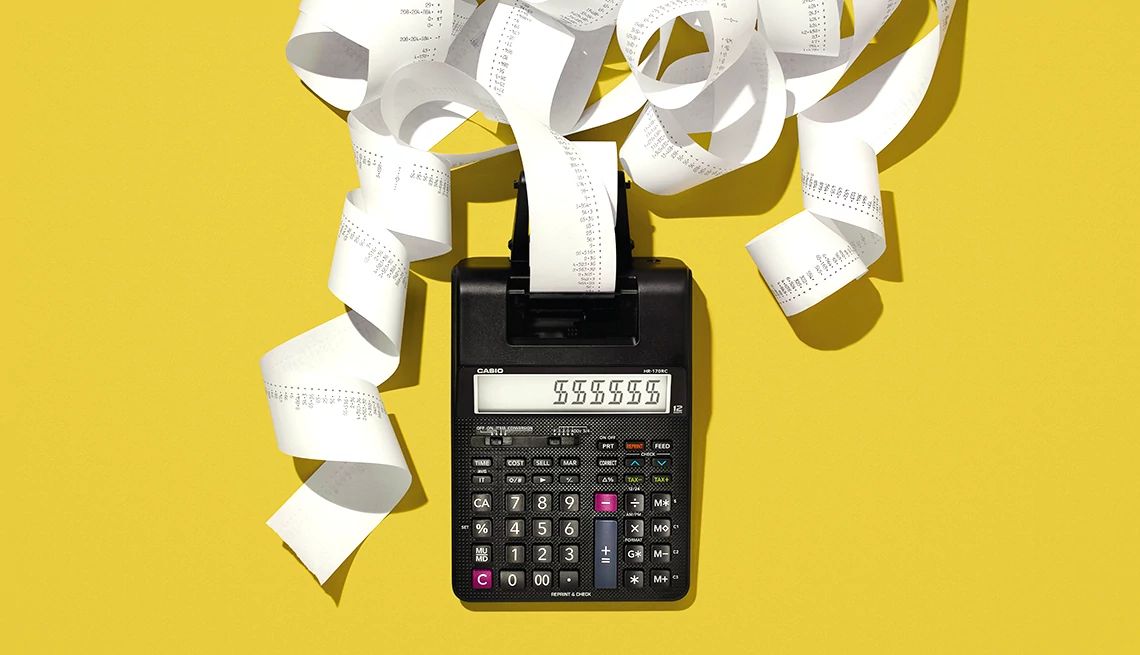AARP Hearing Center


Tax season is here. While that might not be the most exciting news for some, you do have control over how smoothly it will go. And, not surprisingly, knowledge is the key. With the right information, you can breeze through tax season without a hitch. You might also save a little money in the process.
With that in mind, here are 10 things you should know about filing your federal income tax return this year.
1. Taxes are due April 15 (for most people)
Federal income tax returns for the 2024 tax year are due April 15, 2025 — with a few exceptions. One exception applies to victims of certain natural disasters. If you lived in a federally declared disaster area, the IRS may grant you an extension to file and pay your taxes. For example, people in Southern California who have been affected by the wildfires that began on Jan. 7 have until Oct. 15, 2025, to file their federal tax returns. You can find the areas with extensions and the revised tax filing deadline for affected residents on the IRS website.
The IRS has also granted an extension to certain people impacted by terrorist activity in Israel that occurred on or after Oct. 7, 2023. Eligible taxpayers have until Sept. 30, 2025, to file their 2024 tax return.
Additional filing time is also available to members of the military and others serving in a combat zone or contingency operation. See IRS Publication 3 for details.
2. It’s easy to get a filing extension
You can get an automatic filing extension for your 2024 tax return until Oct. 15, 2025. All you have to do is fill out and file IRS Form 4868 by April 15. The catch — and it’s a big one — is that you must still pay your taxes by April 15, even if you have an extension to file. But you’ll dodge the failure-to-file penalty, which is much higher than the failure-to-pay penalty.
The penalty for late filing is 5 percent of the amount due each month, and the failure to pay is 0.5 percent a month. Both penalties max out at 25 percent. (When both penalties are levied in the same month, the total penalty is 5 percent a month: 4.5 percent for failure to file and 0.5 percent for failure to pay.) You’ll also owe interest on the unpaid taxes. (The interest rate for the first three months of 2025 is 7 percent.)
3. There’s a special tax form for older taxpayers
If you’re having trouble reading IRS Form 1040 — your main income tax form — because of vision issues, consider IRS Form 1040-SR. The form has larger type than the regular 1040. It also has a chart for calculating your standard deduction — a good way to ensure that taxpayers 65 and older take the larger standard deduction to which they are entitled.
4. You get a higher standard deduction if you’re 65 or older
The standard deduction reduces your taxable income — and by quite a lot. The standard exemption for single filers and for those who are married but filing separately is $14,600 for the 2024 tax year, up $750 from the 2023 tax year. For married couples filing a joint return, the standard exemption is $29,200, up $1,500 from 2023.

































































More From AARP
2025 IRS Tax Deadlines You Can’t Afford to Miss
Is Tax Day April 15 this year? When are estimated taxes due? Our federal filing calendar has the answers
What Are the Tax Brackets for 2025 vs. 2024?
Find out how much you will owe to the IRS on your income9 States With No Income Tax
Paychecks and retirement income escape state taxes if you live here